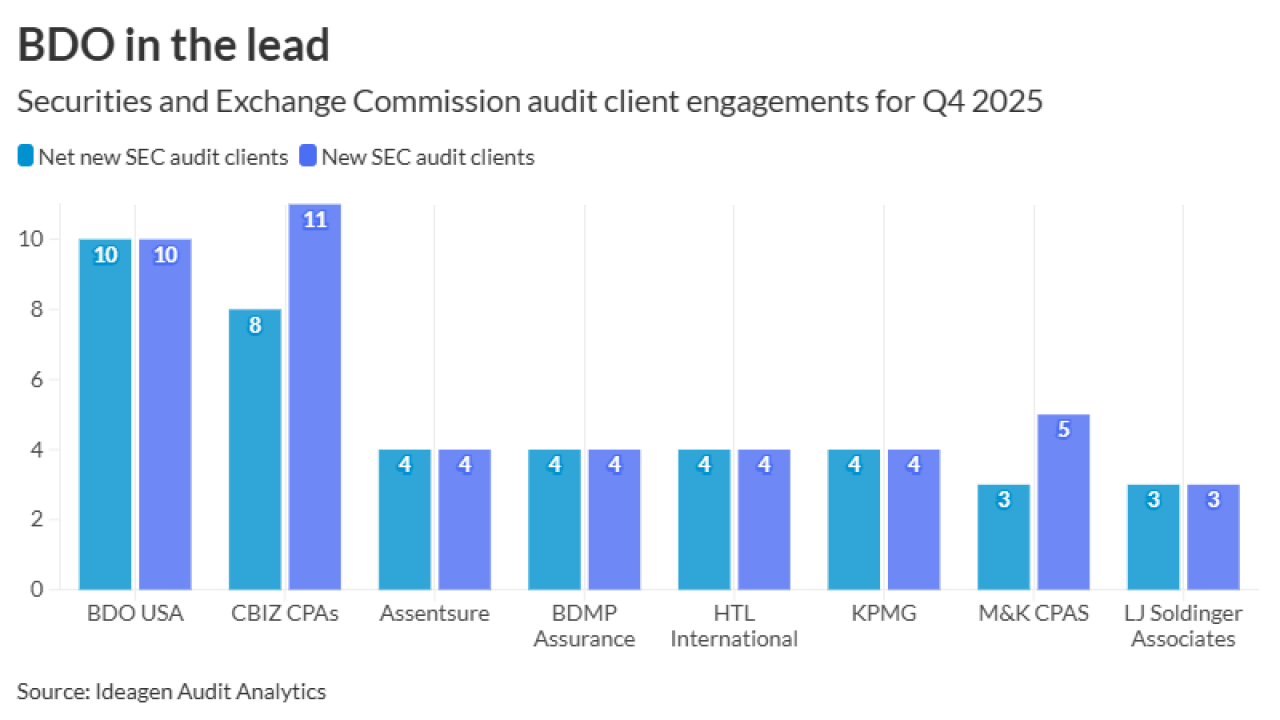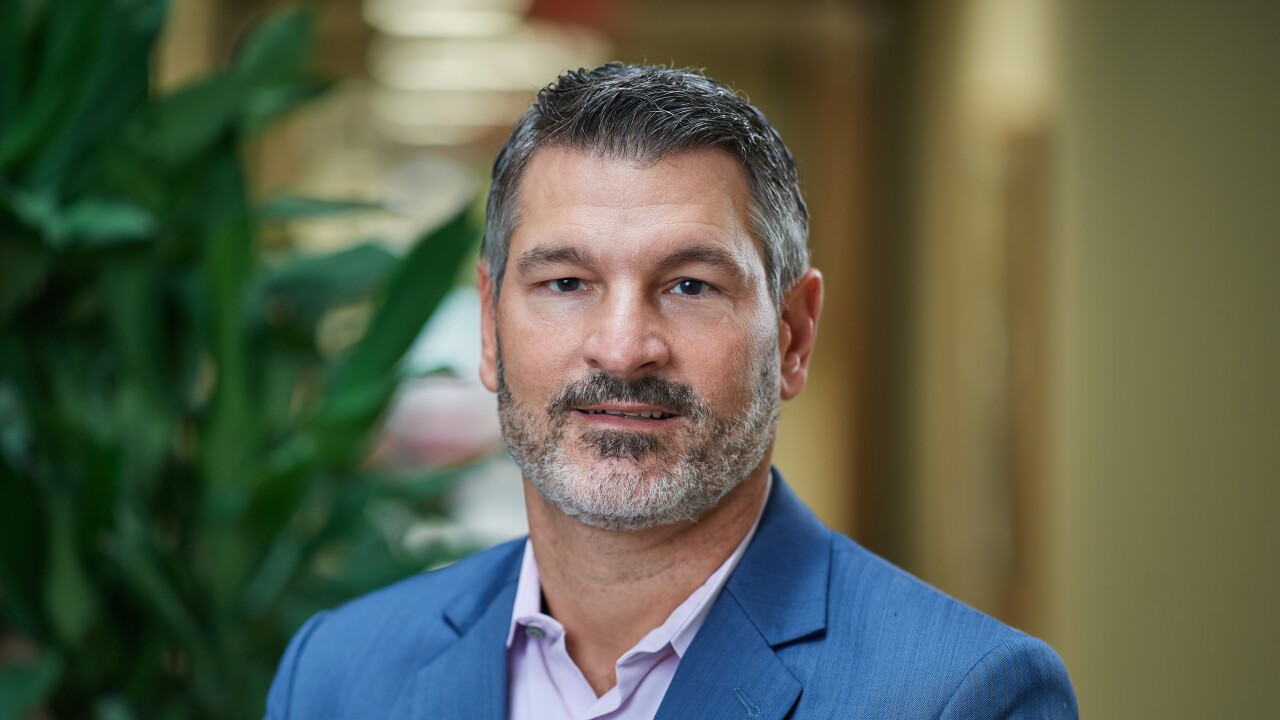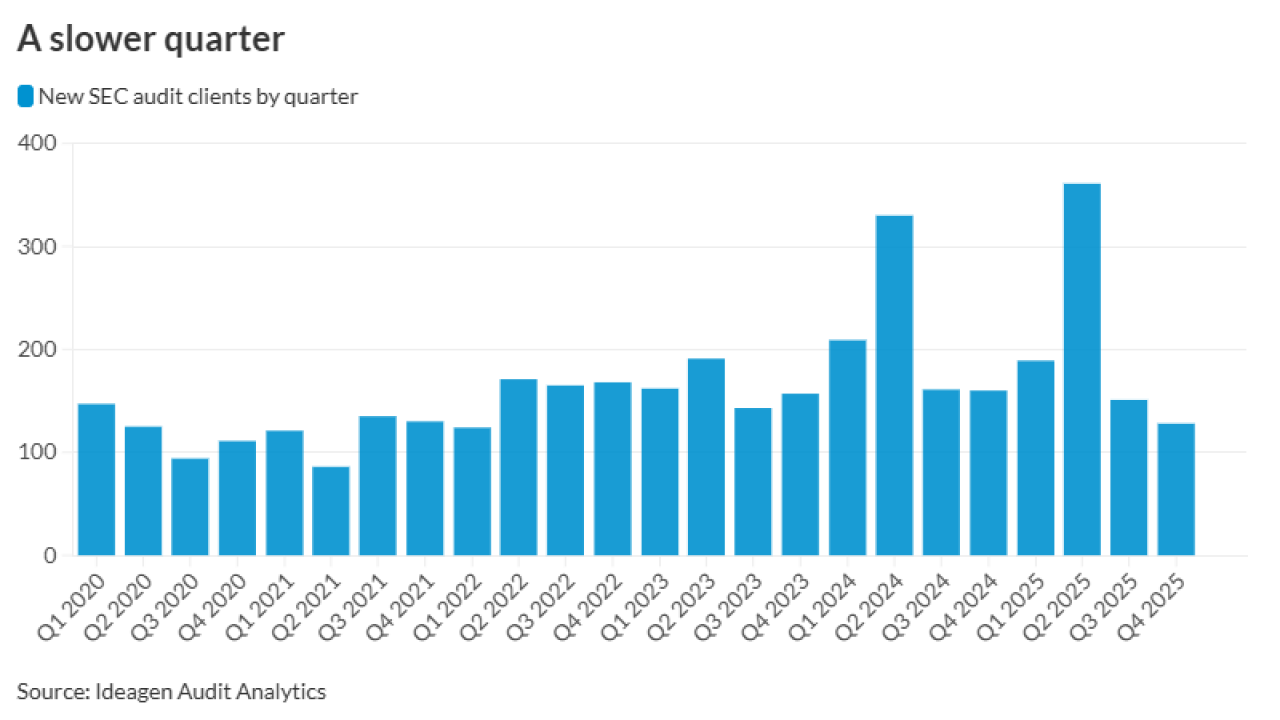Neil Romano detests the word "accommodation" when it refers to people with disabilities.
Romano, assistant secretary in the U.S. Department of Labor's Office of Disability Employment Policy, talked about his experience growing up with dyslexia, at a panel discussion hosted by Ernst & Young and the National Business & Disability Council on Tuesday. The session primarily focused on intellectual disabilities.
"In business, if you need something to do your job better, why is that accommodation for someone with a disability?" Romano asked the audience, adding that his choice of language is "productivity enhancement."
"The skills that people have are not always apparent," he said. "Look at their ability, build a job for them [and] make them successful."
While 15 percent of the U.S population has some sort of learning disability, there currently aren't any national statistics describing those with disabilities who are employed. Romano, however, said those numbers will come out next year.
Also in the works is legislation that will broaden the Americans with Disabilities Act in an effort to make it easier for people with disabilities to qualify for protection. On Sept. 11, the U.S. Senate passed the ADA Amendments Act of 2008. According to Civilrights.org, the bill will overturn Supreme Court decisions that have reduced protections for certain people with disabilities - including people with diabetes, epilepsy, heart disease, mental disabilities and cancer - who were originally intended to be covered by the ADA. The ADA prohibits discrimination against Americans with physical and mental disabilities in areas such as employment, public accommodations and transportation, the Web site said.
President Bush is expected to sign the bill into law in the coming weeks.
"There are some limiting aspects," Romano said of the original law. "People are locked down on their interpretations. This new leg will open up and determine what is and isn't appropriate. It gives people the opportunity to talk about that and it gives businesses great opportunities to enter into a more fruitful conversation about disabilities."
Others on the panel discussed their own personal experiences with disabilities. A young woman, Donna DiDomenico, shared her struggles with reading and taking multiple-choice tests, but she ultimately graduated with high honors from her university.
Ernst & Young distributed a booklet at the conference that includes tips on disabilities etiquette, such as, "Feel free to offer assistance but wait until your offer is accepted before helping" and "When speaking with someone who is in a wheelchair, sit down so you can maintain eye contact."
"When it comes to learning disabilities, we're not talking about very expensive things to accommodate somebody," said Steven Steinberg Sr., a human resources compliance manager at Booz Allen Hamilton. "It really is almost a cost-free productivity enhancer."





